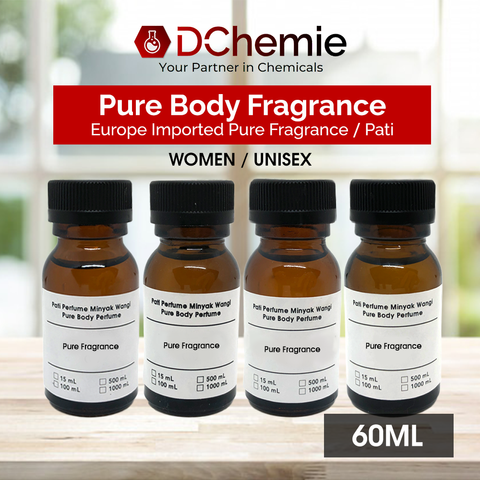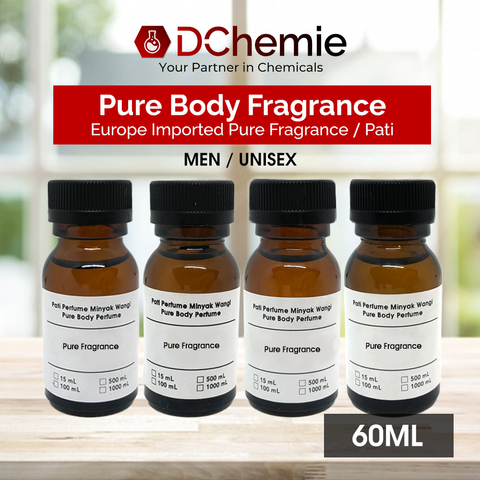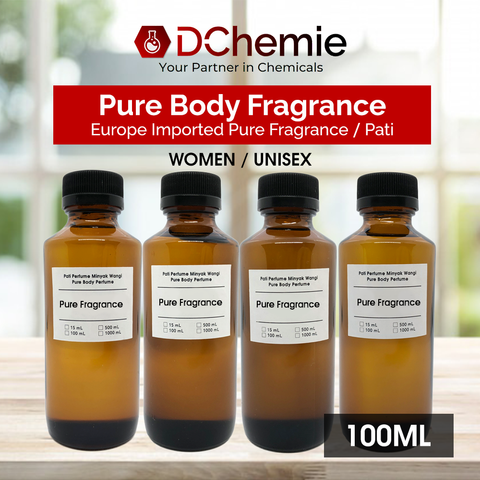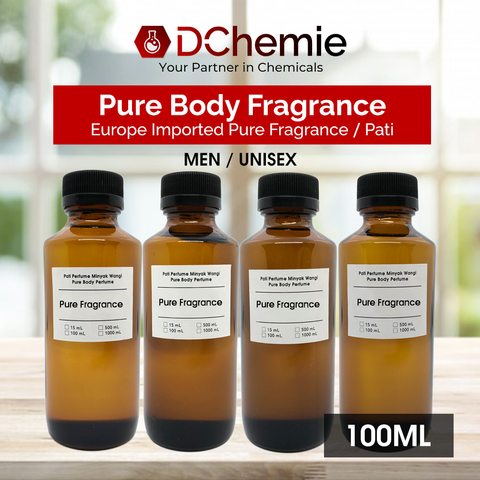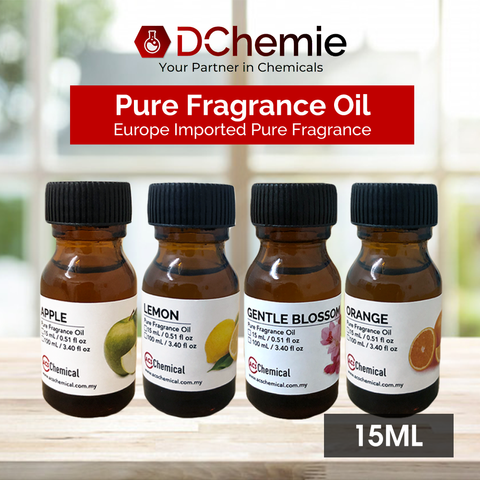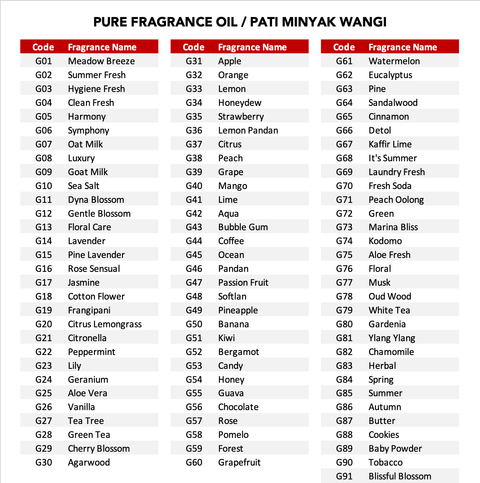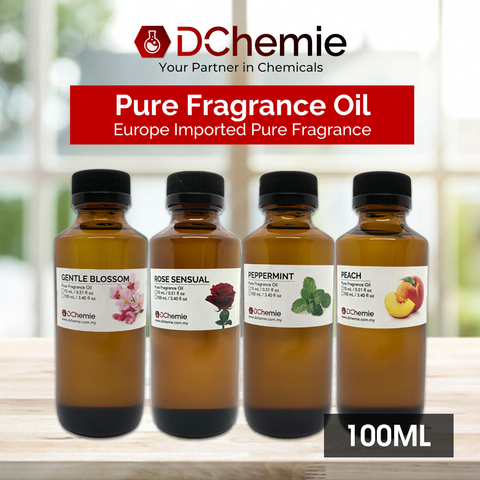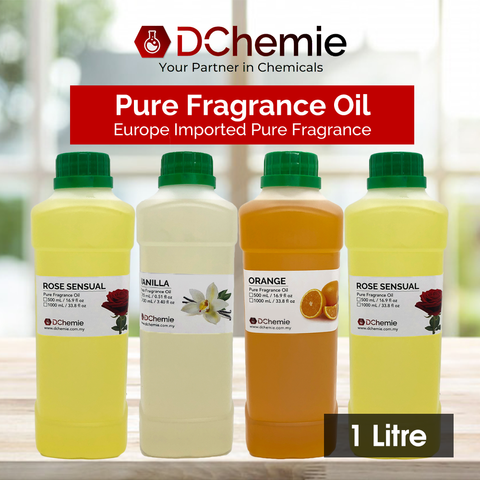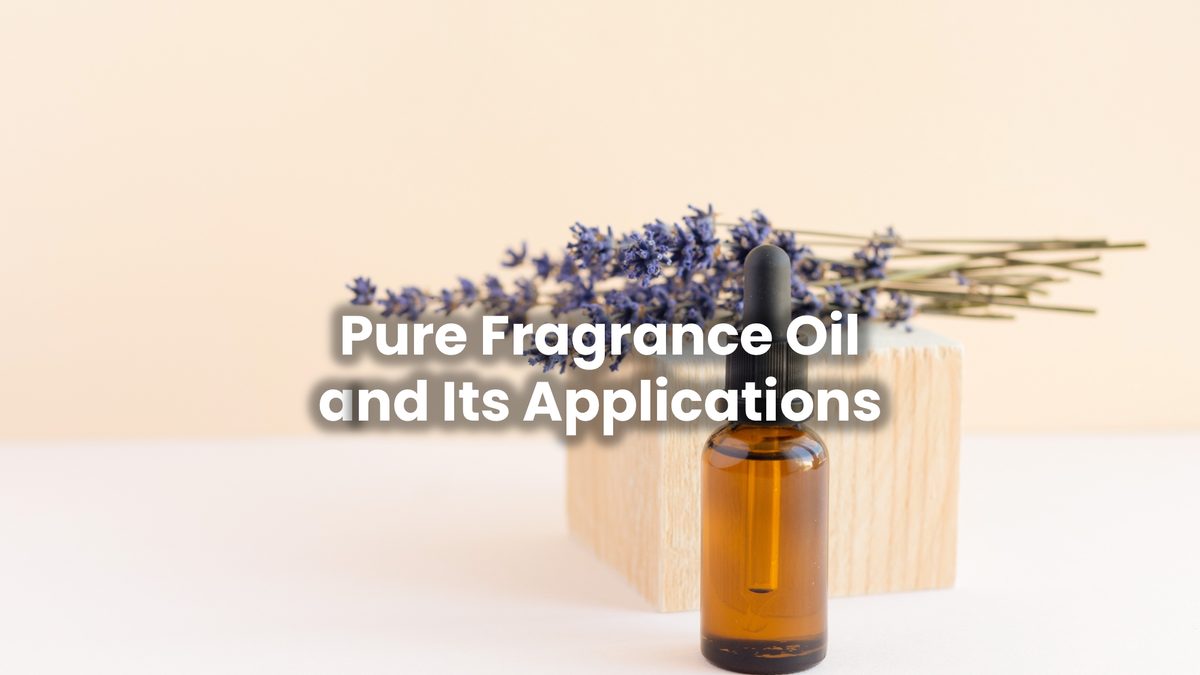
Pure fragrance oil is a highly concentrated aromatic liquid used to add scent to various products. These oils are derived from a blend of natural and synthetic materials, providing a vast range of aromas. Unlike essential oils, which are typically derived from plants, pure fragrance oils may contain a mixture of natural extracts and artificial compounds. These oils are commonly used in the cosmetic, personal care, home fragrance, and food industries due to their ability to create appealing scents that last. This article will explore what pure fragrance oils are, their manufacturing process, and their diverse applications across multiple industries.
What is Pure Fragrance Oil?
Pure fragrance oil is a blend of concentrated aromatic compounds that are designed to produce a specific scent when applied. These oils are typically used in products where scent plays a significant role, such as perfumes, soaps, candles, air fresheners, and cleaning products.
Key Characteristics of Pure Fragrance Oils:
- Concentration: These oils are highly concentrated, meaning a small amount can produce a strong fragrance.
- Variety of Scents: Pure fragrance oils offer a wide range of aromas, from floral and fruity to musky and woody, allowing manufacturers to create unique products tailored to specific preferences.
- Longevity: Fragrance oils tend to last longer than essential oils, making them ideal for products like candles and perfumes where the scent needs to endure over time.
How Are Pure Fragrance Oils Made?
The creation of fragrance oils involves multiple steps to extract, blend, and stabilize aromatic compounds. Here is an overview of the process:
- Extraction: Aromatic compounds are first extracted from plants, flowers, fruits, or spices using methods like steam distillation or cold pressing. In the case of synthetic fragrance oils, various chemicals are blended to mimic natural scents.
- Blending: Once the raw aromatic compounds are collected, they are mixed in specific proportions to create a balanced fragrance. This is where expertise is crucial to achieve a consistent and desirable scent profile.
- Fixatives: Fixatives are added to fragrance oils to stabilize the scent and help it last longer. These can be natural resins or synthetic chemicals that prevent the fragrance from dissipating too quickly.
- Dilution: Fragrance oils are often diluted with a carrier substance like alcohol or a base oil, depending on the intended use of the product.
- Quality Testing: Fragrance oils undergo various tests to ensure their stability, longevity, and compatibility with different products. This ensures that the oil will perform well in products like candles or cosmetics.
Applications of Pure Fragrance Oils
Pure fragrance oils are versatile and can be used in a variety of industries. Here are the most common applications:
1. Personal Care and Cosmetics
The personal care industry relies heavily on fragrance oils to create appealing scents in a range of products, including:
- Shampoos and Conditioners: Fragrance oils are used to create pleasant scents that linger in the hair after washing.
- Soaps and Body Lotions: Fragrance oils are often added to soaps, lotions, and body creams to enhance their sensory experience.
- Deodorants and Perfumes: Fragrance oils form the backbone of the perfume industry, where they are blended to create signature scents for deodorants, colognes, and perfumes.
2. Home Fragrance Products
Fragrance oils are widely used in products designed to enhance the aroma of indoor spaces. Their common applications include:
- Candles: Scented candles use fragrance oils to produce long-lasting, pleasant aromas when burned. The right concentration of fragrance oil is crucial to ensure the candle burns evenly while releasing the scent.
- Air Fresheners: In air fresheners, fragrance oils are used to mask unwanted odors and provide a refreshing smell in homes, offices, and cars. Products like room sprays, plug-in air fresheners, and reed diffusers rely on fragrance oils.
- Wax Melts: These are similar to candles but in a solid form, and they release fragrance when warmed. Fragrance oils are the key ingredient in creating their appealing scents.
3. Cleaning Products
Fragrance oils are often added to household cleaning products such as:
- Disinfectants and Surface Cleaners: The use of fragrance oils in these products not only improves the scent of cleaning solutions but also makes the cleaning experience more pleasant.
- Laundry Detergents: Fragrance oils are added to detergents and fabric softeners to ensure that clothes smell fresh and clean after washing.
4. Food and Beverages
In the food industry, fragrance oils (often referred to as flavor oils) are used to enhance the taste and aroma of certain foods and beverages. These oils are carefully regulated to ensure they are safe for consumption. They can be found in products such as:
- Candies and Confections: Fragrance oils provide strong, lasting flavors to candies and sweets.
- Baked Goods: In flavoring cakes, cookies, and pastries, fragrance oils contribute to the overall taste profile of the product.
- Beverages: Some beverages, especially flavored waters, coffees, and teas, incorporate fragrance oils for an enhanced aromatic experience.
5. Spa and Aromatherapy
Fragrance oils are essential in the wellness industry, especially for creating calming and soothing atmospheres. They are commonly found in:
- Massage Oils and Bath Products: Fragrance oils are added to massage oils and bath bombs to enhance relaxation and mood.
- Aromatherapy: In diffusers or through inhalation, fragrance oils are used for their therapeutic properties, promoting relaxation, stress relief, and overall well-being.
Benefits of Using Pure Fragrance Oils
Choosing pure fragrance oils over other scenting alternatives offers several benefits:
- Consistency: Pure fragrance oils provide a consistent fragrance from batch to batch, ensuring that products smell the same every time.
- Longer-lasting Scents: These oils have excellent scent retention, which is especially important in products like candles and perfumes.
- Customization: With a wide variety of fragrances available, manufacturers can customize the scents of their products to appeal to specific customer preferences or brand identities.
- Higher Quality: Pure fragrance oils are made from high-quality raw materials and are crafted with precision, offering a superior experience compared to lower-quality alternatives.
How to Use Pure Fragrance Oils Effectively
To get the most out of fragrance oils, it’s essential to understand how to use them in different products:
- In Candles: Use fragrance oils in the right proportion (usually 6-10% of the total wax weight) to ensure a strong scent throw without affecting the candle’s burn quality.
- In Perfumes: Dilute fragrance oils with alcohol or a neutral oil, depending on the concentration required for the intended fragrance strength. Generally, perfumes contain between 15% to 30% fragrance oil.
- In Soap: Add fragrance oils to soap during the mixing phase to avoid the loss of scent during the curing process.
Conclusion
Pure fragrance oils are an integral component in many products that enhance the sensory experience. From perfumes and cosmetics to home fragrance and cleaning products, fragrance oils help create appealing aromas that elevate the quality of products. Understanding how these oils are made, their diverse applications, and how to use them properly is crucial for manufacturers looking to develop high-quality, fragrant products. Whether you're in the beauty, wellness, or home care industry, fragrance oils can offer significant value in crafting products that delight the senses and stand out in the market.


